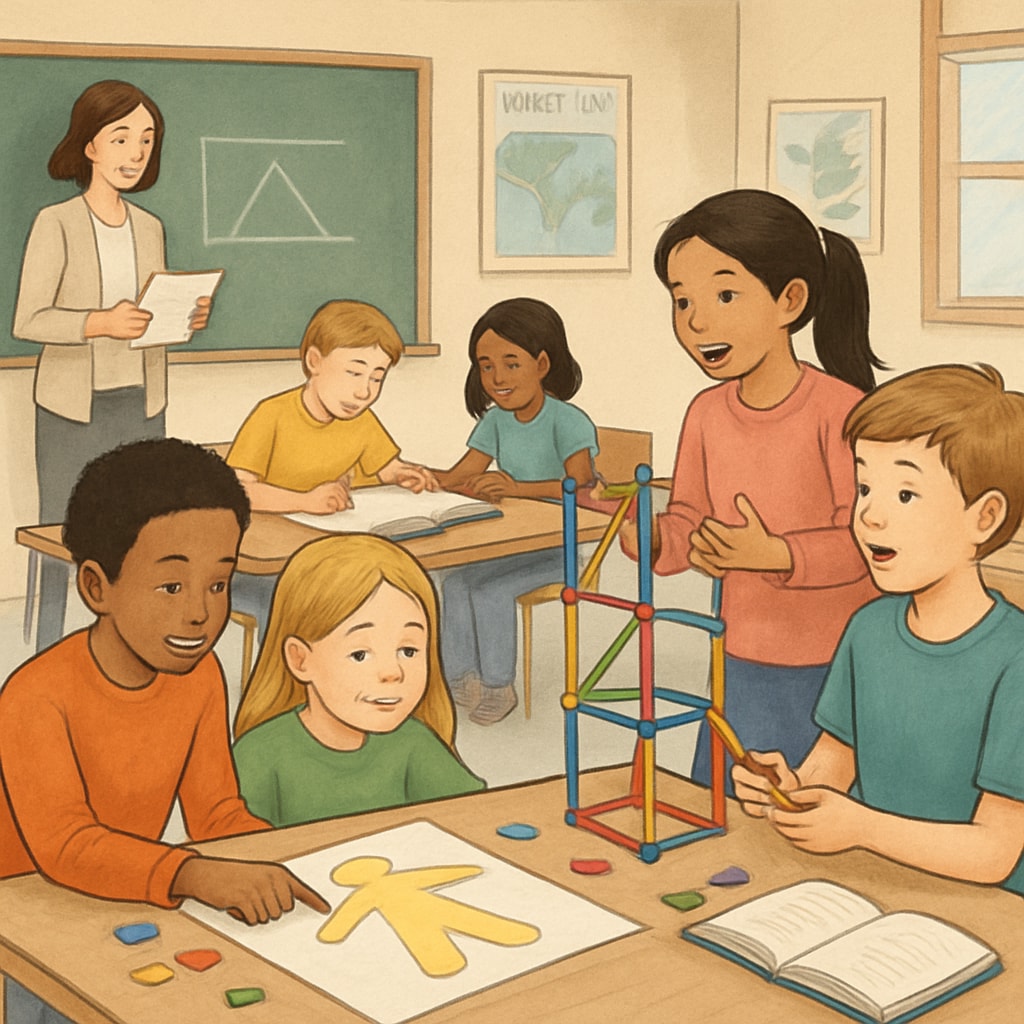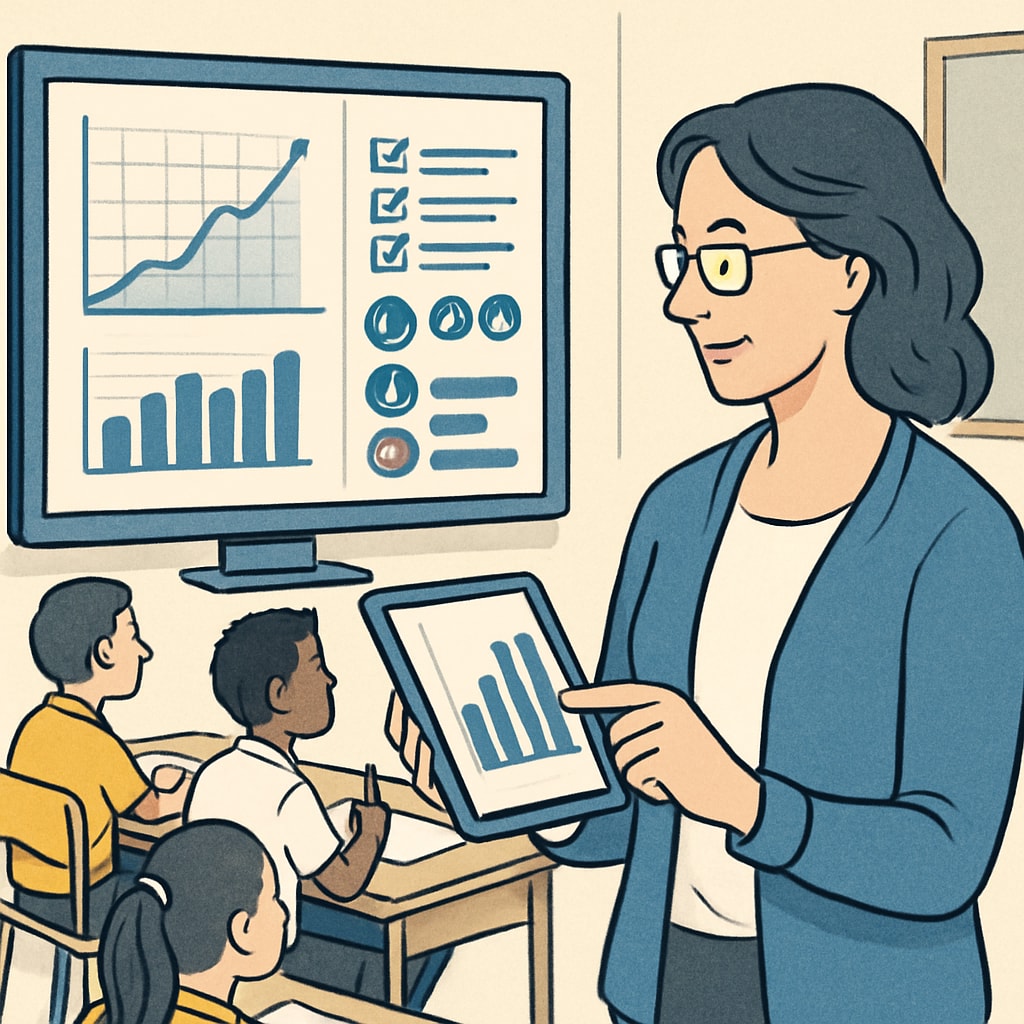In modern K12 education, the reliance on grades as the primary metric for assessing student performance has become deeply ingrained. While grades provide a standardized way to measure achievement, they often fail to capture a student’s full learning journey, dynamic capabilities, and emotional growth. To address this gap, educational systems are increasingly exploring alternative methods for assessing learning outcomes, such as real-time tracking and multidimensional evaluation frameworks.
Why Grades Are Insufficient as the Sole Metric
Grades typically focus on specific outputs, such as test scores, assignments, and exam results. While these metrics offer a snapshot of achievement, they ignore critical aspects of learning, including creativity, collaboration, and resilience. For example, a student excelling in problem-solving and teamwork may receive lower grades if traditional evaluation methods prioritize rote memorization over applied skills.
Furthermore, the pressure to achieve high grades can negatively impact students’ mental health, leading to stress and burnout. Research from Britannica highlights that a narrow focus on grades often hinders students from exploring their unique strengths and interests.

Alternative Approaches to Learning Assessment
To move beyond grades, educators and policymakers are exploring diverse evaluation frameworks that reflect the complexities of learning. Some promising approaches include:
- Portfolio-based Assessment: Students compile a portfolio of their work over time, showcasing projects, essays, and creative works. This allows educators to evaluate progress and creativity comprehensively.
- Real-time Tracking: Continuous monitoring of skill acquisition and emotional development provides deeper insights into a student’s learning journey.
- Peer and Self-assessment: Encouraging students to evaluate their own work and receive feedback from peers fosters accountability and critical thinking.
These methods prioritize growth, collaboration, and adaptability, aligning better with the demands of a rapidly evolving world.

The Role of Technology in Holistic Assessment
Technology plays a vital role in implementing alternative assessment methods. Tools like learning management systems (LMS) and artificial intelligence platforms enable educators to collect data on students’ performance, behavioral patterns, and emotional well-being. For example, advanced analytics can identify whether a student is excelling in teamwork or struggling with time management, allowing personalized interventions.
In addition, technology can facilitate gamified learning environments where students earn rewards for critical thinking and problem-solving, reducing the emphasis on traditional grades. As noted by Wikipedia, educational technology encourages active participation, making assessments more engaging and reflective of real-world skills.
Conclusion: Rethinking Educational Success
Grades will likely remain a part of educational assessment, but they should not overshadow other critical measures of learning. By adopting diverse evaluation methods, such as portfolio assessments, real-time tracking, and technology-enhanced feedback systems, K12 educators can better nurture well-rounded individuals prepared for future challenges. Ultimately, the goal of education should extend beyond scores to cultivate creativity, emotional intelligence, and lifelong learning skills.
As we redefine success in education, we must prioritize methods that inspire students to thrive—not merely survive—within academic institutions.


